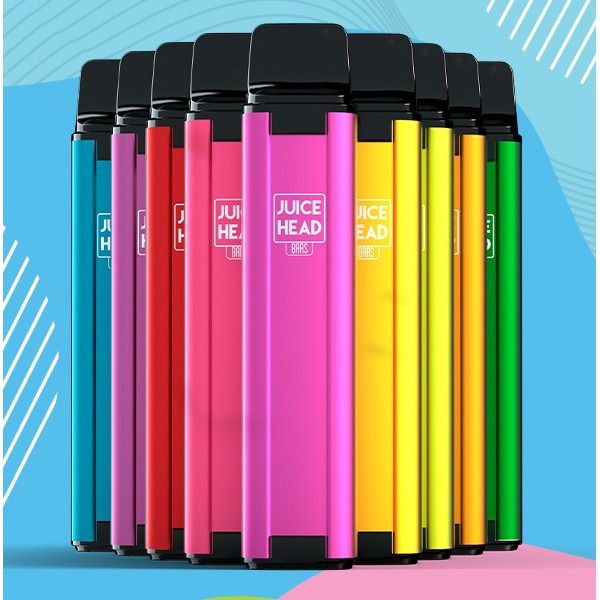Coffee is like wine. It has origins, flavour profiles and tasting notes that can go from floral to fruity and chocolatey to spicy. It even has terroir (i.e., grown in the best soil), which affects how coffee tastes, much like wine. And every coffee connoisseur knows that the best tasting coffee tends to come from specialty coffee.
What’s considered specialty coffee? How do you buy a good specialty coffee in Dubai?
What Makes Coffee a Specialty Grade?
High-quality beans that have distinct attributes, such as flavour, aroma and sweetness are considered specialty coffee. Grown in high altitudes, these defect-free, quality beans also need to meet at least a score of 80 on the quality scale of 100 according to the Specialty Coffee Association of America (SCAA). The beans are graded according to their acidity, body, cleanliness, sweetness, cup and uniformity.
Specialty beans are typically grown in Africa, South and Central Americas, and Asia. They are also generally made from Arabica beans, which are more delicate and nuanced in flavours than Robusta. Commercial coffee is usually made from Robusta or a mix of Robusta and Arabica.
In a word, perfection best describes the specialty coffee.
Other than superior taste and flavours, why would you choose specialty coffee over commercial coffee?
For starters, your coffee purchase becomes a kind of contribution to the environment because specialty coffee is often sourced from small farms that practise ethical and sustainable practices.
Specialty coffee is also incredibly versatile, which means you can brew them in different ways. Whether your coffee equipment in Dubai is a French press (e.g., AeroPress), a pour-over (Chemex) or an espresso machine, specialty coffee can be tailored to your preferred brewing method.
Another benefit to choosing specialty coffee is the freshness of each bag. These high-quality beans are roasted in small batches, allowing you to taste vibrant notes.
What to Know When Buying Specialty Coffee
The global specialty market is expanding as more consumers prefer to brew these full-flavoured, vibrant beans. With an estimated value of US$ 101.6 billion in 2024, the market is projected to grow at 10.4% from 2025 to 2030. With more consumer demand comes more brands producing this type of coffee.
How do you know which specialty coffee to buy?
Look for the roasting date.
Roasting dates indicate the freshness of the specialty coffee. Ideally, choose products that have been roasted within the past two weeks.
Choose organic products.
Although specialty coffee is generally sourced from small farms that practice sustainable methods, it’s still a good idea to look for the organic certification.
Choose a reputable roaster or brand.
Reputable roasters or brands adhere to principles like sustainability, direct sourcing and fair trade.
Consider the roast profile.
Roasting the green beans activates the chemical changes that create the complex aromas and flavours. You can choose from: light roast, medium roast and dark roast.
Light roast, which contains high caffeine, preserves the acidity and delicate flavours, enhancing the natural sweetness of the beans. Medium roast allows the flavours to become mellow, balancing the acidity with body and sweetness. Dark roast, which has the lowest caffeine content, heightens the bitter notes, creating a robust and bittersweet flavours.
For most specialty coffee drinkers, a medium roast is the best choice because it preserves the natural qualities of the beans.
Value for your money.
Specialty coffee does cost more because it’s hand-picked, requires more skilled labour and harvested from high altitudes. This premium grade coffee also needs more oversight and more care than commercial coffee to produce a high-quality product.
How to Brew Specialty Coffee
Many coffee shops, or what’s known as the ‘third wave’ (which focus on bean origin, brewing methods and roasting) will offer specialty coffee. These places will prioritise ethically sourced coffee and ensure fair trade. They would be smaller than the common coffee chains you’ll see on every corner, but they’ll have baristas who are knowledgeable about your cup of coffee.
Of course, you can’t always buy your coffee. There will be days when you’ll want to brew it at home or serve it to your friends.
Here’s how to brew your specialty coffee.
Grind according to your brewing method.
Although you can buy ground specialty coffee, getting whole beans creates fresher brews. Grind size is also a factor in the brewing process.
You might pick up a fine grind, but you use a French press at home. A French press requires a coarse grind. A fine grind is suitable for an espresso machine or stovetop espresso maker. If you’re using a pour over, you’ll need a medium coarse grind.
Use filtered water and watch the temperature.
Good quality water lets the flavours bloom, so use filtered water. As for the temperature, 200°F is ideal.
Extract using 1:15-17 ratio.
A stronger pot of coffee requires a coffee-to-water ratio of 1:15 to 17. For every gram of coffee, use 15 to 17 grams of water.
Buying specialty coffee is all about understanding what goes into a good cup. From selecting the right beans to mastering your brew, every detail matters.


